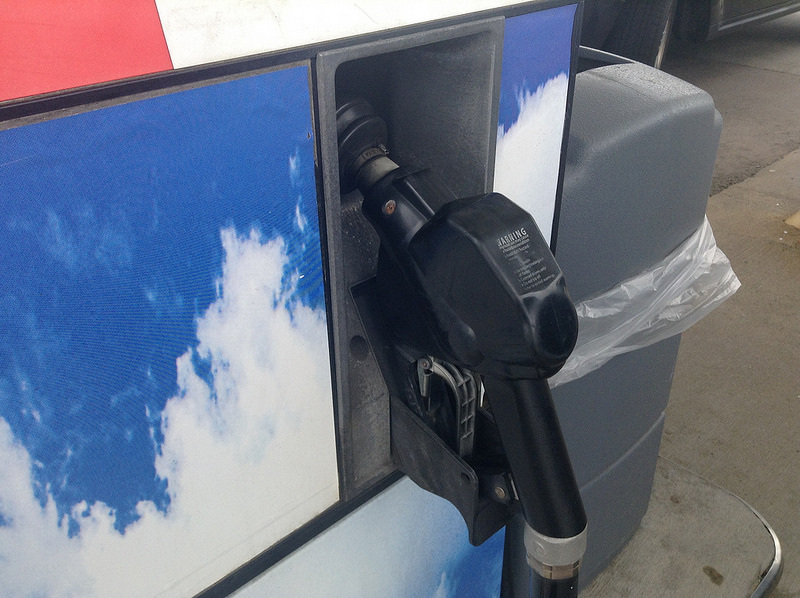| These are unusual times. Utah’s economy is booming, gas prices are low, and the conservatives on Capitol Hill are talking about raising taxes. What sort of gas was in that last inversion, anyway? People hate tax increases, of course, and for good reason. But the problem here isn’t so much timing or need; it’s old-fashioned thinking. One House member, Rep. Jack Draxler, R-North Logan, told a pre-legislative conference he wants to |
| | raise income taxes by 1 percent (from the current 5 percent flat rate), to help education. That isn’t likely to go anywhere. Much more likely, however, is an increase in gas taxes, and perhaps a change in the gas tax from a lump sum added to each gallon to a type of sales tax. The latter has the support of Utah’s House Speaker, Greg Hughes. It’s a horrible idea. In fact, almost the entire discussion so far on Utah’s gas taxes has shown a lack of imagination and a profound lack of understanding as to how ineffective and antiquated gas taxes have become. I say almost the entire discussion because one lawmaker, Rep. Jon Cox, R-Ephraim, is drafting a bill that would take the first step toward establishing a variable toll on all lanes of I-15. Cox’s idea is to eventually apply the toll only during weather inversions that heighten the problem of air pollution. His bill would start that process by seeking a necessary federal waiver to toll the Interstate. This is innovative thinking, but it should be greatly expanded. If the state were to apply variable tolls to all Interstates along the Wasatch Front, and at all times, it could greatly reduce, or perhaps eliminate gas taxes. Meanwhile, the variable tolls (higher as traffic congestion increases, lower as it dissipates) would reduce congestion and improve air quality. Simply increasing the gas tax would accomplish little, especially in the long run. As Randal O’Toole, a senior fellow at the Libertarian Cato Institute wrote in a research paper, fuel-efficient vehicles will increasingly make the tax less effective. In 1956, when the Interstate system was constructed, the average car got 14.4 miles per gallon. By 2009, this was 23.8. Add inflation, and the tax paid per car in ’09 was less than one-third what it was in ‘56. Peering into the future, the federal government has set new standards requiring vehicles to average 54.5 miles per gallon by 2025, which would make any gas tax hike this year hardly worth the effort. Add in hybrids and electric vehicles and … well, you get the picture. We won’t be filling up as often. Gas taxes also harm the poor disproportionately, assuming the poor tend to drive older, less fuel-efficient vehicles that must be refueled more often. Simply adding more of a bad thing isn’t going to make it good. And making gas taxes a sales tax would add volatility on top of ineffectiveness. The proposals being discussed would tie the level of this sales tax to an average of gas prices throughout the previous year. Kentucky already does something similar, although its price is adjusted every three months. A story in the Louisville Courier-Journal on Tuesday detailed how the current drop in pump prices is destroying state budgets. One lawmaker estimated the state could lose nearly one-third of the gas tax revenue for its road fund. Sure, imposing a sale tax scheme while gas prices are low might help the state avoid this problem for a while. But history shows gas prices go up and down. That means trouble will come eventually. Meanwhile, a sales tax scheme still doesn’t address the other problems with a gas tax. Utah does indeed face transportation needs. It makes sense for highway users to pay more of their share, instead of relying on general funds. But not every solution has to look the same as it did 104 years ago, when Oregon became the first state to impose a gas tax. Toll the highways, find a way to tax people by miles driven or invent something even more effective. But don’t raise a tax that doesn’t work and expect a great result. |


 RSS Feed
RSS Feed

